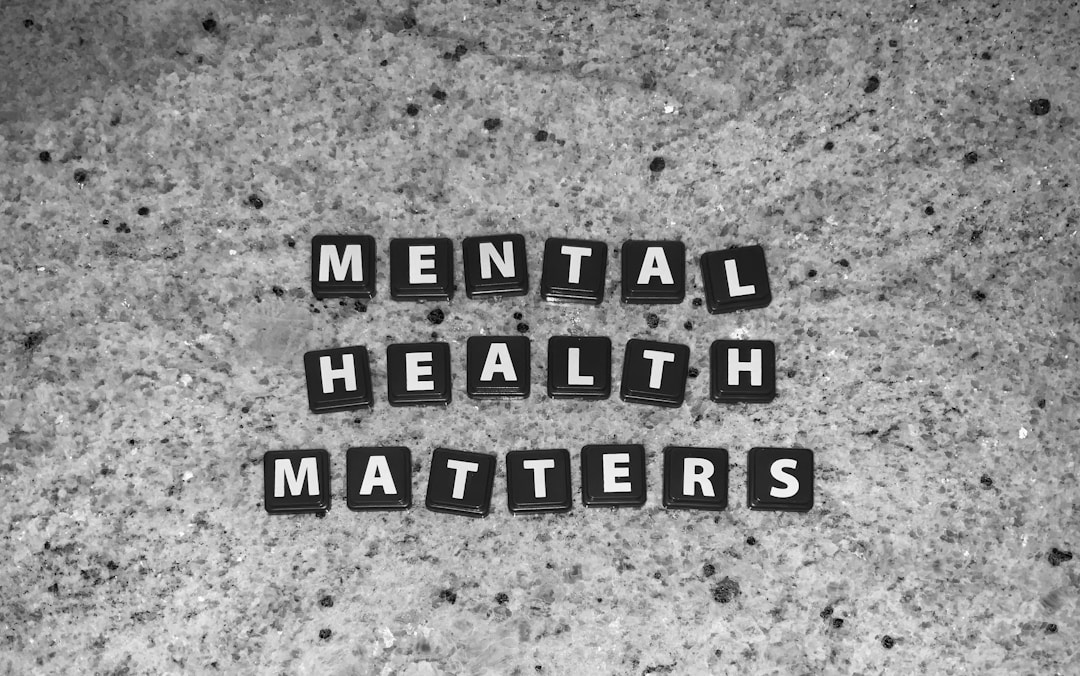It’s understandable that many people are struggling with their mental health right now. Even if you don’t have a diagnosed mental health condition, the past two years of living through a global pandemic have been difficult for everyone. However, it can be overwhelming to try to figure out how to address mental health issues when they arise, especially if you don’t have any experience doing so. While working with a therapist is the best place to start, you should also look into practices like yoga. If you’re skeptical, keep reading to learn all about the benefits of yoga for mental health treatment.
Why is mental health treatment important?

Though there is still some stigma associated with seeking treatment for mental health conditions in the United States, that is beginning to change. With major celebrities and athletes speaking out about the importance of mental health, many people are starting to consider whether or not they could benefit from some form of mental health treatment. The truth is that most of us would be better served by investing more into caring for our mental health, but many people find that they don’t know where to start or what to do.
Finding a therapist or a therapeutic treatment program in your area should be your first step. There are a number of types of mental health treatment, all of which have different benefits. You may even want to look into programs that combine a variety of forms of therapy, including family therapy, group therapy, and individual therapy to provide a more holistic approach to healing. It’s a good idea to look for a therapist with relevant specialties, as you can find mental health professionals that focus on specific practice areas like addiction, domestic issues, and working with young adults.
How can activities like yoga benefit your mental health?

Many people swear by yoga as a way to improve mental health and alleviate stress. Though more research is needed, there are already indications that yoga can actually provide real benefits. Recent studies suggest that yoga can help strengthen social attachments, in addition to relieving stress and anxiety. Some clinicians are also reporting that they’ve had success in using yoga to treat patients with post-traumatic stress disorder (PTSD). Health care professionals have begun to recommend yoga to some patients as a complement to psychotherapy.
Yoga is just one of many activities you can incorporate into your lifestyle to manage your mental health. For example, one study demonstrated that spending as little as 20 minutes outside in nature can lower your levels of cortisol, which is a stress-producing hormone. Patients had their cortisol levels measured through a saliva test performed before and after their nature outings.
Many people also neglect to address the quality of their sleep. Believe it or not, how much sleep you get at night can have a significant impact on your mood and your health, both mental and physical. Sleep deprivation has many negative effects, including changes in mood and an increased risk of developing mental health conditions like anxiety and depression. If you’re struggling with mental health problems, one of the first things you should do is try to get a good night’s sleep every night.
Mental health is complex, and treatment is always going to be completely individualized. Everyone’s body chemistry is different, and it may take some trial and error to find the right treatment plan for you. It’s important to stick with it, as the rewards are more than worth the effort. In addition to psychotherapy, you should also consider including activities like yoga into your daily routine, as they can also provide tangible benefits for anyone with a mental health condition. You might be surprised by how combining these approaches can substantially improve your overall mental wellness.







